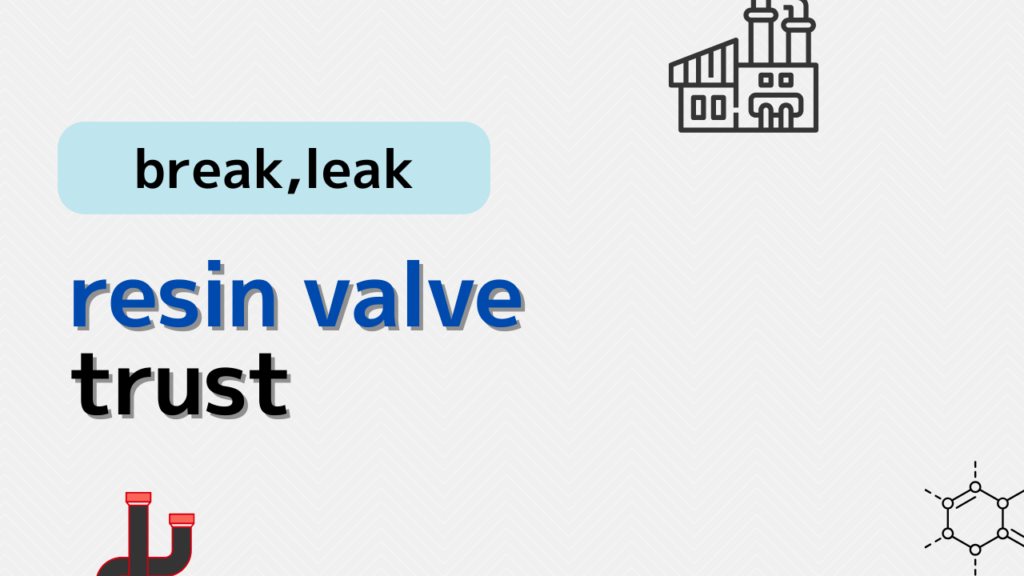Plastic valves are widely used because they’re cheap, lightweight, and corrosion-resistant. But don’t let their benefits fool you—plastic valves can be a risky choice in industrial environments.
In this article, we’ll explain the potential dangers of plastic valves and what to consider before using them in your plant.
Introducing articles from plantengineering.co
Plastic valves are used for corrosive liquids because they are made of a corrosion-resistant material.
However, plastic valves have weaknesses, so you need to carefully consider when to use them.
This post is in a series about Valve
Do Ball Valves Trap Liquid? Important Design Tips for Piping Beginners
How Automatic Diaphragm Valves Control Flow in Piping Systems
How to Choose Knife Gate Valves Based on Performance: A Practical Guide for Engineers
Why Diaphragm Valves Are Easy to Use and Ideal for Chemical Plants
Miniature Valves on Copper Tubes: A Simple Guide for Beginners
Break
Resin valves can crack because they are made of resin.
They can crack surprisingly easily when exposed to sunlight and deteriorate, or when they come into contact with hard objects such as tools.
The risk of exposure to sunlight is lower if the valves are placed indoors, but indoor conditions are almost never used in chemical plants.
Leak
Resin valves have a chance of leaking.
Because of their high corrosion resistance, leakage from the point of view of corrosion is unlikely to occur.
Leaks in resin valves are due to problems with connection joints and sealing materials.
Methods that are prone to leaks, such as screw joints, are common, and parts that deteriorate easily, such as O-rings, must be used.
Resin valves should be selected carefully due to the risk of leakage and long-term use.
LINK
Plastic valves may look like a good idea at first—they’re cheap, light, and resistant to many chemicals. But in industrial settings, they’re not always trustworthy. Don’t rely on them in high-stress systems. Choose the right valve material for the job and stay safe.
